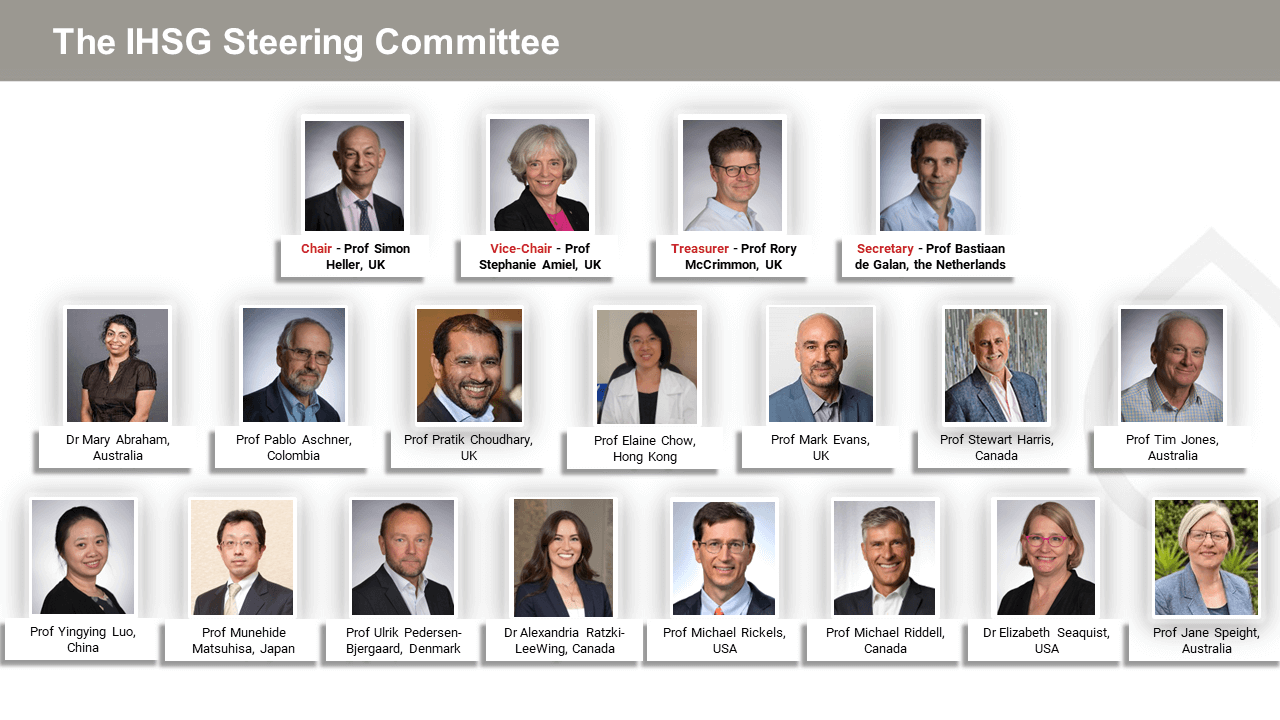
Get to know
Our steering committee:
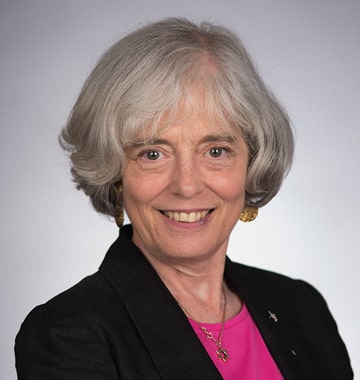
Professor Amiel gained her training in medicine and surgery at Guy’s Hospital School of Medicine, London, with the late Prof Harry Keen and started her research career with a three year fellowship at Yale. She subsequently spent several years at Guy’s Hospital before taking up her role at King’s College, where she has had particular responsibility for intensive insulin therapy, insulin pump services, hypoglycaemia treatments including islet transplantation and diabetic pregnancy services.
Her academic and research interests have earned her global recognition; these include: hypoglycaemia in diabetes, metabolic neuroimaging, brain insulin sensitivity/resistance, and central responses to eating. Professor Amiel has served on grant review committees for Diabetes UK, the European Federation for the Study of Diabetes, and the Juvenile Diabetes Research Foundation UK Medical Advisory Committee and was the first chairman of the UK’s National Dose Adjustment For Normal Eating (DAFNE) Executive Committee, a post she held for 10 years. She has just completed chairing the Guideline Develolpment Group reviewing the diagnosis and management of adults with type 1 diabetes for the UK’s National Institute of Clinical Excellence (NICE). The guideline was published in August this year. She has added her expertise to several editorial boards including a spell as Editor of Diabetic Medicine, and has been awarded a number of honors including the Hellmut Mehnert Award at the International Diabetes Federation World Congress in 2009.

She graduated from Wichita State University with a Masters in Nursing, Diabetes Nurse Specialist in 1982.
Mrs. Childs served as editor for Diabetes Spectrum from 2001 to 2005, is the editor of The Complete Nurses Guide to Diabetes Care, and has authored several publications. She is a member of American Association of Diabetes Educators, the American Nurses Association, Sigma Theta Tau, and the American Diabetes Association (where she is a past president of Health Care & Education). Mrs. Childs is the 2010 recipient of the American Diabetes Association’s Outstanding Educator in Diabetes Award and the 1997 recipient of the American Diabetes Association Dr. Rachmiel Levine Award. She also served on the 2005 ADA Advisory Panel on hypoglycemia.
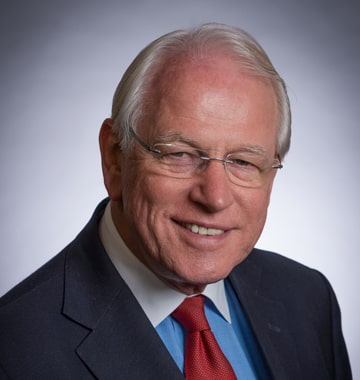
Professor Frier’s principal research interest is the pathophysiology of hypoglycaemia in humans with particular relevance to diabetes. He has published extensively in this field and has co-edited two multi-author international textbooks on hypoglycaemia and diabetes: Hypoglycaemia and Diabetes: Clinical and Physiological Aspects, and Hypoglycaemia in Clinical Diabetes (now in its Third edition). His other research interests include: insulin therapy, the complications of diabetes and driving and diabetes.
Professor Frier was the Chair of Honorary Medical Advisory Panel on Driving and Diabetes to the Secretary of State for Transport from 2001 to 2012. He was also Vice-President, Royal College of Physicians of Edinburgh Chair of international Programme Panel for the global series of diabetes conferences called “Take Control, Peaks and Valleys”. He is an international authority on hypoglycaemia and invited speaker at many national and international diabetes conferences. Professor Frier has been a mentor and supervisor for 18 post-graduate medical graduates as clinical research fellows.

Additionally, he is the Research Director at Perth Children’s Hospital and Consultant Endocrinologist in the Department of Endocrinology and Diabetes. Dr Jones was lead author for the International Paediatric and Adolescent Hypoglycemia Guidelines. He has a strong clinical research interest in diabetes, specifically in hypoglycaemia and diabetes treatments, and leads a range of trials and studies in the field.

Dr. Lawrence A. Leiter is Director of the Lipid Clinic; Associate Director of the Clinical Nutrition and Risk Factor Modification Centre; and Associate Scientist, Li Ka Shing Knowledge Institute at St. Michael’s Hospital in Toronto where he was also the Head of the Division of Endocrinology and Metabolism from 2000-2010.
He is a Professor in the Departments of Medicine and Nutritional Sciences at the University of Toronto.
Dr. Leiter has several research interests including clinical trials on the prevention of atherosclerosis, especially in diabetes, and the dietary and pharmacologic treatment of diabetes mellitus, hyperlipidemia, hypertension, and obesity. He has over 500 publications in peer-reviewed journals. He was an investigator in many of the landmark diabetes trials including the DCCT, ACCORD, and ADVANCE and is on the Steering Committees of many ongoing outcome trials in both the diabetes and lipid areas.
Dr. Leiter is the Past-President of the Canadian Society of Endocrinology & Metabolism (CSEM) and is a past Chair of the Clinical and Scientific Section of the Canadian Diabetes Association (CDA). He has been involved in many national and international committees and consensus conferences including those of the International Diabetes Federation, CDA, Canadian Hypertension Education Program (CHEP), Canadian Cardiovascular Society (Dyslipidemia), and Obesity Canada.
For his work, he has received a number of awards including the CDA Frederick G. Banting Award and the American Diabetes Association Charles H Best Award (awarded to DCCT investigators), both for Distinguished Service, the 2005 CSEM Educator of the Year Award, and the 2006 CDA Gerald S. Wong Award in recognition of significant contributions to the diabetes community. He was also the inaugural winner of the St. Michael’s Hospital Complete Physician Award in 2009.
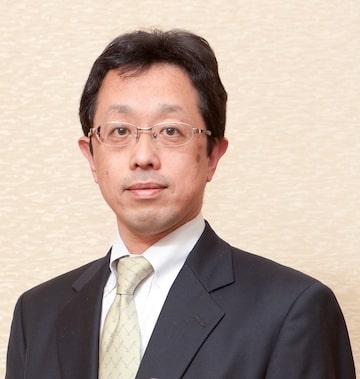
He obtained his MD from Okayama University, Japan, in 1987, and completed a research fellowship at the University of Toronto in 1995. He also obtained his PhD in 1995 from Osaka University.
Dr Matsuhisa is an involved and active member of the diabetes community. He is currently the president of the Tokushima Diabetes Association and is a chairperson for the Committee for Surveys on Severe Hypoglycaemia in the Japan Diabetes Society. He is a member of numerous professional associations including the American Diabetes Association, Asian Association for the Study of Diabetes and Japan Society for the Study of Obesity.

Ulrik is a certified specialist in general internal medicine and endocrinology and holds a Doctor of Medical Science (DMSc). His main scientific interest is within the field of insulin treatment of diabetes and its effects and side-effects with particular focus on hypoglycaemia, and he has been principal mentor at several PhD projects. He has been sponsor-investigator or investigator/co-investigator in many multi-centre RCT studies.
He has delivered numerous oral educational presentations about endocrinology, particularly diabetes, for medical doctors, other health care professionals, patients and their relatives. He has published extensively and contributed to the current knowledge of hypoglycaemia and use of insulin analogues in clinical practice.

Her research focus is on the generation and implementation of the best evidence into practice for the prevention, screening and management of diabetes and cardiovascular disease.
Prof Zoungas is the current President Elect of the Australian Diabetes Society, Chair of the National Association for Diabetes Centres and a Senior Medical Advisor to Diabetes Australia and the Australian Institute for Health and Welfare. She has over 100 publications, as well as over 4300 citations, 2 first author publications in the New England Journal of Medicine. She has received a number of key awards including the Monash Health rising star and Monash University research awards. Prof Zoungas was the international clinical director of the ADVANCE-ON study and currently leads the NHMRC funded StaREE clinical trial which will examine the effect of statin therapy on healthy and independent living elders.
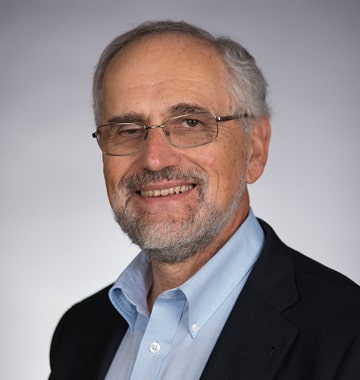
Pablo Aschner is Associate Professor of Endocrinology at the Javeriana University School of Medicine. At present he is also Director of Research at the San Ignacio University Hospital and Scientific Director of the Colombian Diabetes Association, Bogotá.
He graduated in Medicine and Surgery from Javeriana University, Bogotá, in 1974 and undertook postgraduate training in internal medicine and endocrinology at the Military Hospital, Bogotá, and at Cambridge University, UK, qualifying as an Endocrinologist in 1982. He also has a Master degree in Clinical Epidemiology.
Professor Aschner’s main research interests include diagnosis, control and treatment of diabetes, epidemiology of diabetes and its complications as well as the metabolic syndrome in Latin America and the role of diabetes associations in primary health care. He has authored, or co-authored, over 90 abstracts, articles and book chapters in the field of diabetes research. He is a member of numerous societies including the Latin American Diabetes Association, and the Pan-American Endocrine Society. He served as a member of the WHO Expert Advisory Panel on chronic degenerative diseases and the WHO Ad Hoc Diabetes Reporting Group. He is a past President of the Colombian Endocrine Society, the Latin American Diabetes Association and the Latin American Diabetes Epidemiology Group. He also serves currently as chair of the IDF taskforce on Guidelines and Faculty member of the WHO/IDF/EASD Cambridge Diabetes Seminar and the Latin American Diabetes Epidemiology Course.

He is a former senior research fellow at the George Institute for Global Health. Dr. de Galan did residencies in internal medicine at St. Joseph’s Hospital Veldhoven and at Utrecht Diakonessenhuis. He received his medical degree from the University of Amsterdam and was appointed as senior research fellow between 2007 and 2008 at the George Institute for Global Health in Sydney, Australia, while working on the ADVANCE study. In 2003, Dr. de Galan received the Aventis-Gerritzen-Award for best thesis within the field of diabetes (provided by the Dutch Society for Diabetes Research, NVDO).
Dr. de Galan’s expertise and general research interests include diabetes, epidemiology, clinical research and public health. He has published scientific journal articles in several subjects including altered cerebral metabolism during hypoglycaemia, steady state brain glucose concentrations during hypoglycaemia and the pharmacokinetic and pharmacodynamics considerations of insulin administration using needle-free injection technology.

Professor Simon Heller is Professor of Clinical Diabetes at the University of Sheffield, UK, and Director of Research and Development and Honorary Consultant Physician at Sheffield Teaching Hospitals Foundation Trust.
Professor Heller received his clinical diabetes training at Queen’s Medical Centre, Nottingham, UK and his research training at the University of Nottingham, UK and Washington University, St Louis, USA.
Professor Heller’s current research interests include the physiologic responses to hypoglycaemia and hypoglycaemia unawareness, pathophysiologic mechanisms of sudden death in type 1 diabetes and the development of interventions to encourage more effective diabetes self-management. Professor Heller has authored over 200 original research articles and reviews.
Professor Heller was Editor in Chief of Diabetic Medicine between 2000 and 2004. He is currently a member of the NIHR Clinical Trials and Evaluation Panel, Juvenile Diabetes Research Foundation (JDRF) International Medical Scientific Review Committee, as well as the National Clinical Diabetes Lead of the NIHR Clinical Research Network in the UK.
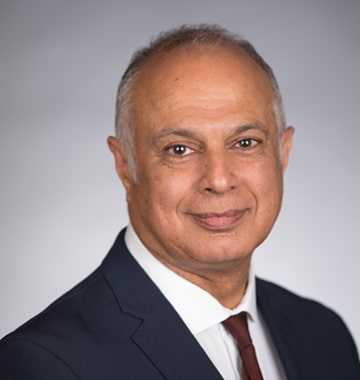
He leads a research group that is currently working on the early identification of, and interventions with, people who have diabetes or are at increased risk of developing diabetes. His work has influenced national and international guidelines on the screening and management of people with diabetes. He is Director of NIHR CLAHRC East Midlands and Co-Director of a Clinical Trial Unit. He is a NIHR Senior Investigator and principal investigator on several major national and international studies. Professor Khunti is currently an advisor to the Department of Health, a Clinical Advisor for the National Institute for Health and Care Excellence (NICE), and Secretary of the Primary Care Study Group of the European Association for the Study of Diabetes (EASD). He is past Chair of the Department of Health–RCGP Committee on Classification of Diabetes and is currently Chair of the NICE Guidelines on Prevention of Diabetes. In addition, he is co-Director of the Diabetes MSc at Leicester University and the BMJ Diabetes Diploma.
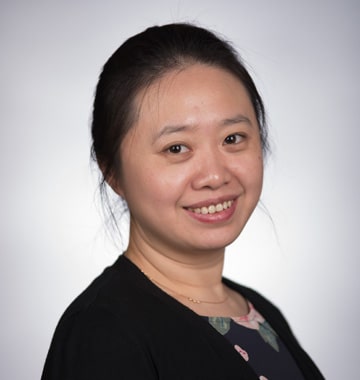
Yingying’s major research focus is the intervention study and genetic study of type 2 diabetes. She has participated in several national clinical studies including “China National Diabetes and Metabolic Disorders Study” and has published several peer reviewed journal articles. She is also the editorial board member of Chinese Journal of Diabetes (issue for primary care physicians) currently.

In 2002, he joined the faculty at Yale University, USA, to further develop his research interests in the central regulation of glucose homeostasis; with a particular focus on hypoglycemia. He returned to Scotland in 2009 where he is currently Professor of Experimental Diabetes and Metabolism and Honorary Consultant, and Lead Clinician for the Scottish Diabetes Research Network. The studies performed in his laboratory range from examination of the basic mechanisms through which the brain responds to repeated hypoglycemia to the testing of novel approaches to reverse impaired hypoglycemia awareness in people with type 1 diabetes.
In addition to his work in research and clinical practice, Prof McCrimmon serves on the editorial board of Diabetologia, Diabetes Care and the Journal of Clinical Endocrinology and Metabolism. He also serves as a member of the Medical Research Council Clinical Fellowship Training and Career Development Awards Panel, the Scottish Translational Medicine Training Initiative, Diabetes Research & Wellness Foundation, and Diabetes UK Harry Keen Intermediate Clinical Fellowship panel

Dr. Elizabeth Seaquist is Professor of Medicine and Director, Division of Endocrinology and Diabetes in the Department of Medicine at the University of Minnesota Medical School, where she also holds the Pennock Family Chair in Diabetes Research.
Dr. Seaquist is a clinical investigator interested in hypoglycemia and the complications of diabetes. Her research focuses on the effect of diabetes on brain metabolism, structure, and function. She has been funded by the National Institutes of Health (NIH) for more than 15 years and was awarded a Distinguished Clinical Scientist Award by the American Diabetes Association in 2009. Dr. Seaquist also directs the University of Minnesota sites for the Glycemia Reduction Approaches in Diabetes: A Comparative Effectiveness Study (GRADE). She is principal investigator on the NIH training grant for fellows in endocrinology and diabetes at the University of Minnesota, and has an active clinical practice.
Awards recognizing Dr. Seaquist’s research and mentoring include the American Diabetes Association Distinguished Clinical Scientist Award and the Mary Jane Kugel Award (from the Juvenile Diabetes Research Foundation), as well as multiple teaching and mentorship awards. Dr Seaquist also served as the President of the American Diabetes Association in 2014.
Dr. Seaquist is board certified in Internal Medicine and Endocrinology, Diabetes, and Metabolism. She holds a Bachelor of Arts degree from Vassar College in Poughkeepsie, New York, and a Medical Doctorate from the University of Minnesota in Minneapolis.



